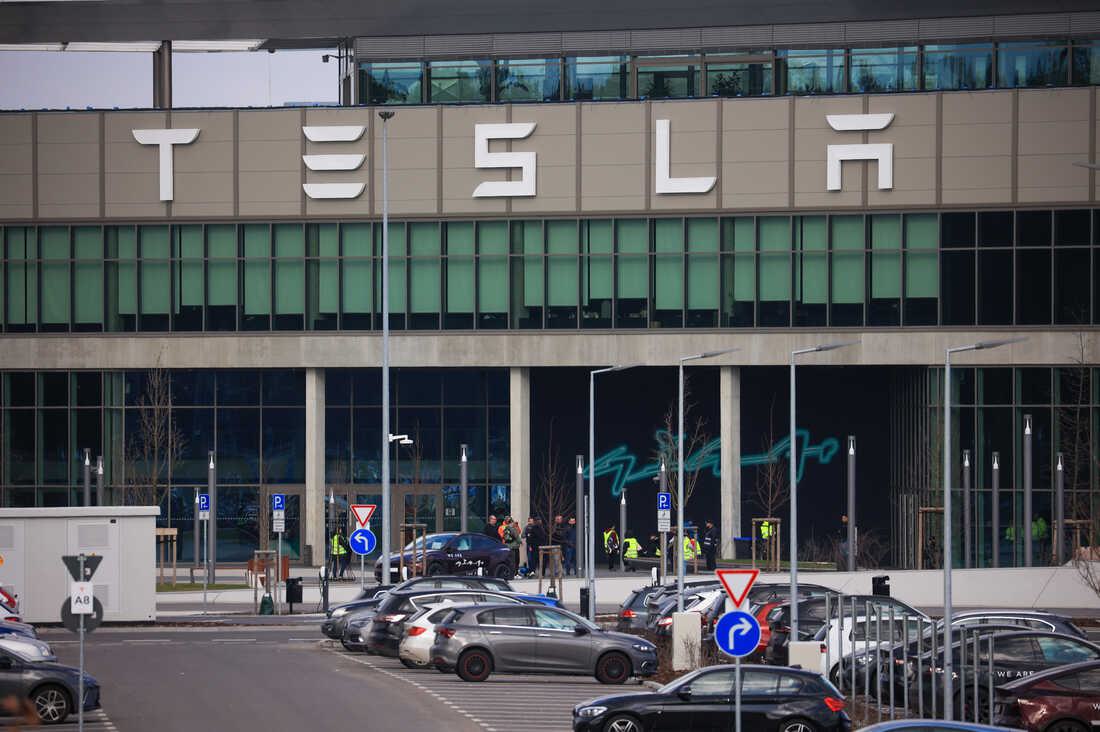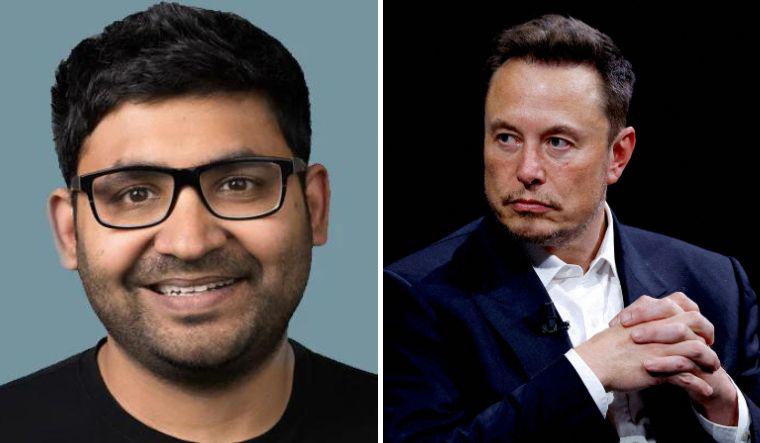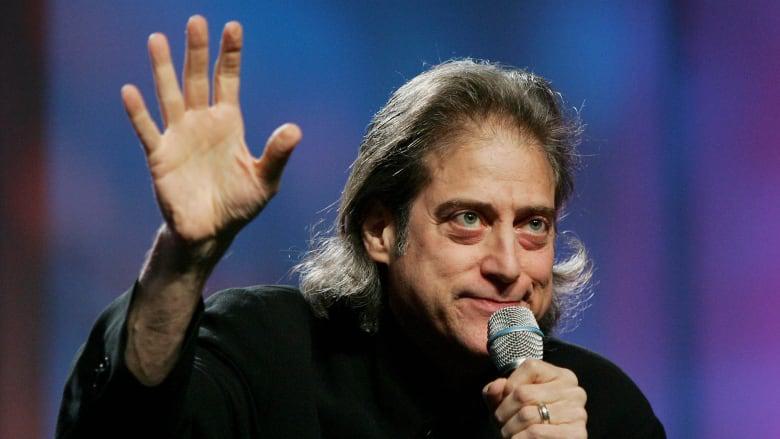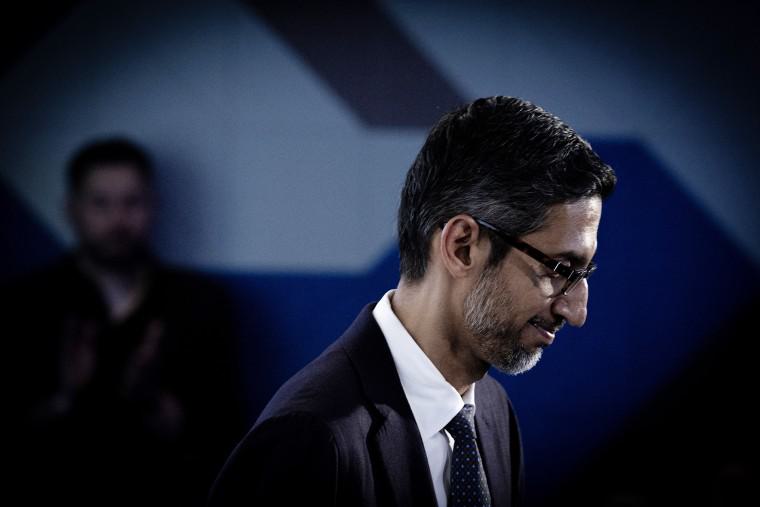The 10 most corrupt politicians in the world ultimate 2020 list - Dispatch Weekly
January 15, 2020 - Reading time: 7 minutes
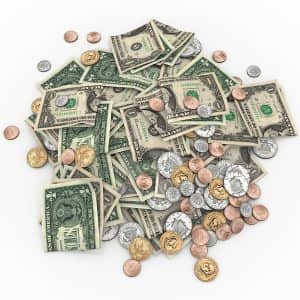
We live in an age where political corruption has taken over in many countries around the world. A plague that afflicts dictatorships as well as democracies, which arises from politicians and which spreads throughout the rest of society. Italy is one of the most corrupt countries in Europe according to the latest Transparency International Report which is not easy to identify because it does not have a political or ideological flag.
Although the cases we will discuss below are the most striking and most reprehensible, it is certainly not the case to take them as an example to minimize the corruption existing in other countries, just as hateful and reprehensible as that of the 10 most corrupt politicians in the world.
FERDINAND MARCOS (former President of the Philippines).
He won the presidential elections of 1965, 1969 and 1981, remaining uninterruptedly in power from December 1965 to February 1986. A fierce anti-communist, he remains one of the most controversial presidents in the history of the Philippines. The official US customs record runs to 23 pages. In the two C-141 transport planes that carried them, they had packed: 23 wooden crates; 12 suitcases and bags, and various boxes, whose contents included enough clothes to fill 67 racks; 413 pieces of jewellery, including 70 pairs of jewel-studded cufflinks; an ivory statue of the infant Jesus with a silver mantle and a diamond necklace; 24 gold bricks, inscribed “To my husband on our 24th anniversary”; and more than 27m Philippine pesos in freshly-printed notes. The total value was $15m.
He is estimated to have stolen $ 5 billion to $ 10 billion from his country. He died in exile in Hawaii on September 28, 1989.
MOHAMED SUHARTO (former President of Indonesia).
He was the second president of Indonesia, having taken power in 1967 with a coup d’état. He exploited economic growth to enrich himself and his collaborators through a series of state monopolies and rigged subsidies.
Suharto led Indonesia to stability and nurtured economic growth. But these successes were ultimately overshadowed by pervasive and large-scale corruption; repressive, militarized rule; and a convulsion of mass bloodletting when he seized power in the late 1960s that took at least 500,000 lives.
His assets have been estimated at between 15 and 35 billion dollars in cash, shares, companies, real estate, jewellery and works of art. Suharto’s family is said to have control of approximately 36,000 square kilometres of land in Indonesia, including 100,000 square meters of office space in Jakarta and nearly 40% of the land in East Timor. Suharto died on January 27, 2008.
MOBUTU SESE SEKO (former President of the Democratic Republic of the Congo).
President and dictator of the country from 1965 to 1997, he was installed in power by Belgium and the United States.
In 1963 he was invited by president John F Kennedy to the White House and effectively recruited to the capitalist side in the cold war’s African battleground. Two years later he declared himself head of state, renamed his country Zaire, renamed himself Mobutu Sese Seko Koko Ngbendu wa za Banga (meaning “the all-powerful warrior who, because of endurance and an inflexible will to win, will go from conquest to conquest leaving fire in his wake”) and adopted his infamous leopard-skin hat.
The bespectacled tyrant and his trademark leopard-skin hat will long be synonymous with the worst excesses of corruption and greed. In this period he has accumulated enormous personal wealth, estimated at $ 12 billion, through the exploitation of the economy and corruption. He died in 1997 in Morocco.
SLOBODAN MILOŠEVIĆ (former President of Yugoslavia).
In power in Serbia from 1989 to 2000, he was among the protagonists of the war in the former Yugoslavia. Accused of crimes against humanity, the trial against him in the International Criminal Court for the former Yugoslavia failed to convict him because Milošević died before the sentence (March 11, 2006). He became the first sitting head of state to be charged with war crimes. Milošević resigned from the Yugoslav presidency amid demonstrations following the disputed presidential election of 24 September 2000, and he was arrested by Yugoslav federal authorities on 31 March 2001 on suspicion of corruption, abuse of power, and embezzlement. Someone has estimated that the property damage caused by Milošević to his country amounts to at least 100 billion dollars.
ALBERTO FUJIMORI (former President of Peru).
Of Japanese origin, he stands out from all other corrupt politicians for his extreme intelligence. During his presidency, which lasted from 1990 to 2000, he managed to steal $ 600 million from his country. Additionally, Fujimori has been charged and convicted of human rights abuses, murders, kidnappings, violence and torture. After about 12 years in prison, he was released for health reasons.
PAVLO LAZARENKO (former Prime Minister of Ukraine).
He held the position of Prime Minister for just over a year, from 1996 to 1997. In this short period of time, he managed to organize fraudulent activities for an estimated value of 200 million dollars. In 2006 he was arrested in the United States for fraud, corruption and extortion, while in his country he is wanted for around fifty crimes.
SANI ABACHA (former President of Nigeria).
He led Nigeria from 1993 to 1998, coming to power thanks to a coup. During his tenure, he became stained with human rights violations and corruption, which had become endemic across the country. While he is largely accredited for his economic reforms and achievements after he died allegations surrounding his administration use of government funds marred the unprecedented growth rates and indices recorded by his administration. He is seen as the most enigmatic leader the country has ever had. He died in mysterious circumstances in 1998 and is estimated to have stolen around $ 4 billion from his country, ending up in personal accounts, jewellery and real estate.
JEAN-CLAUDE DUVALIER (former President of Haiti).
Also known as Baby Doc or Bébé Doc, he was President (de facto, dictator) of Haiti from 1971 to 1986. In this period he is estimated to have stolen from his country, to pocket them, from 300 to 800 million dollars. It is alleged that he siphoned millions out of the poverty-stricken island over several years. Aristides Auguste, Haiti’s chief prosecutor, said: “His fate is now in the hands of the investigating judge”. In the early years of his exile many of his assets, including a yacht in Miami and four apartments in New York, were frozen by authorities around the world. He died on October 4, 2014, at the age of 63.
JOSEPH ESTRADA (former President of the Philippines).
He has been at the top of the Philippine institutions for the past 20 years and, despite being sentenced to life imprisonment for stealing $ 80 million, he is currently Mayor of Manila (the country’s capital) after being elected in 2013. First, to enter politics, he gained a lot of popularity as a film actor, starring in more than a hundred films during a career that lasted about thirty years. He has always been surrounded by one of the most corrupt politicians in the world.
ARNOLDO ALEMAN (former President of Nicaragua).
He held the office of 81st president of the country from 1997 to 2002. In this relatively short period, he managed to steal over 100 million dollars from the Nicaraguan Treasury, one of the reasons why he was sentenced to 20 years in prison (the others reasons are money laundering and corruption). His career began as a lawyer, to become Mayor of Managua and then President of Nicaragua.

DW Staff
David Lintott is the Editor-in-Chief, leading our team of talented freelance journalists. He specializes in covering culture, sport, and society. Originally from the decaying seaside town of Eastbourne, he attributes his insightful world-weariness to his roots in this unique setting.
